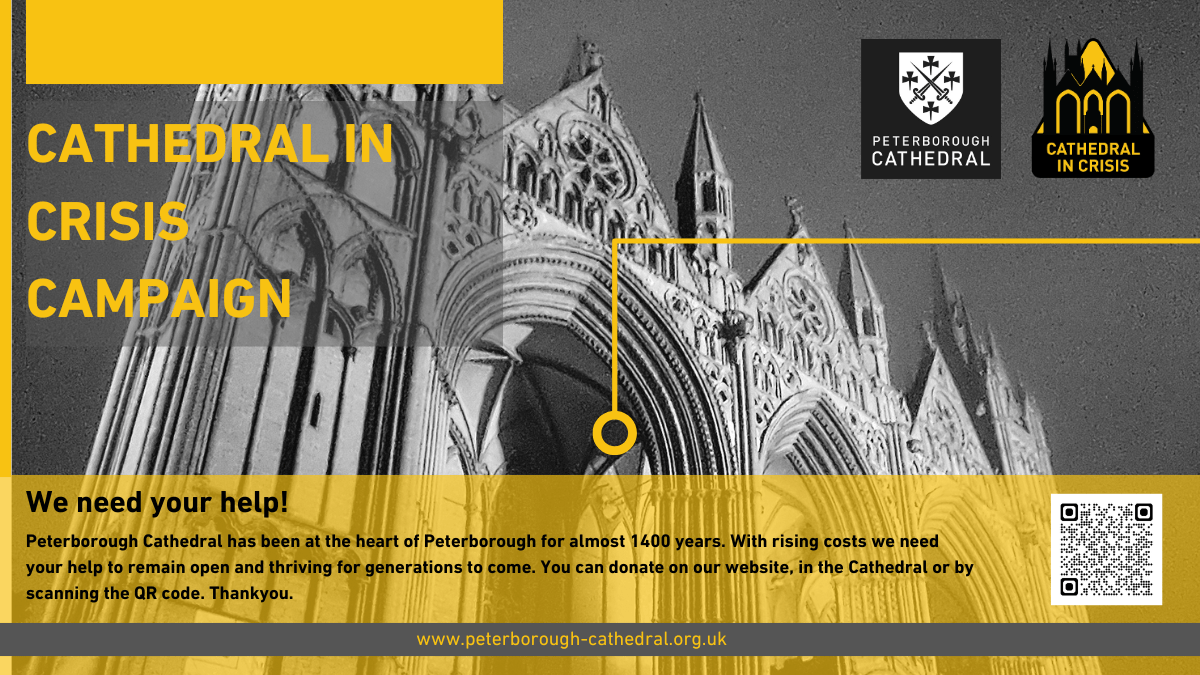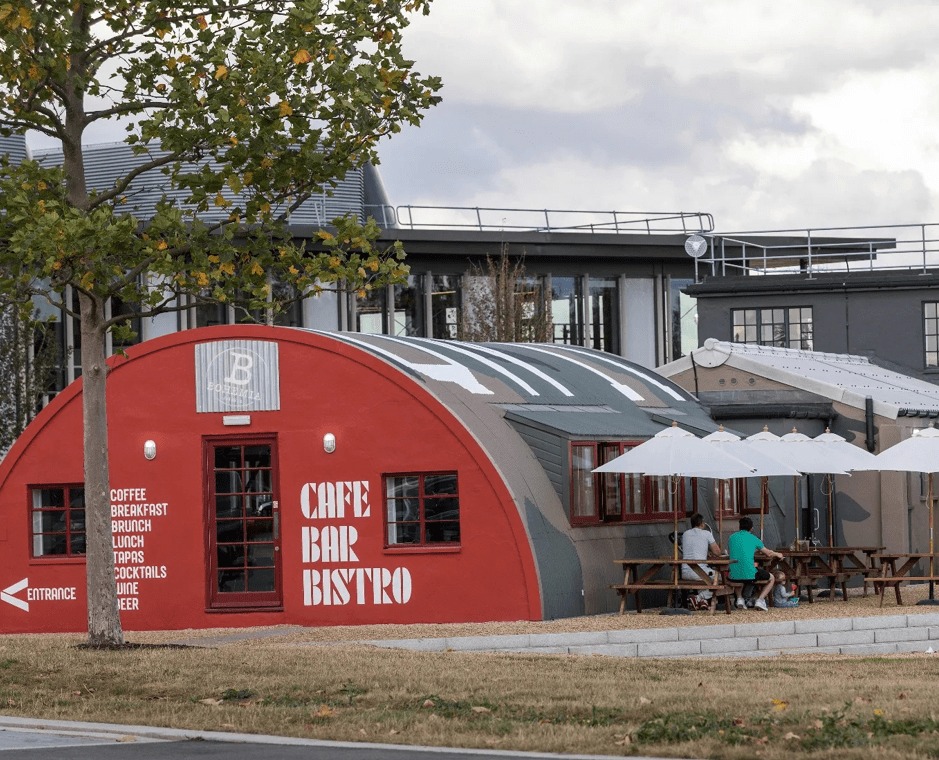Luigi Pirandello’s last work The Mountain Giants, remained unfinished when he died in 1936. The work by the Sicilian playwright who liked to leave audiences guessing would have completed a trilogy. The third of his “myth-plays is concerned with the myth of art. In a society consumed by consumerism, Pirandello asks, where does art fit?
Can artists coexist with materialism and greed? And what happens to art if the artist rejects their audience? Is art in fact an essential part of human existence?
It sounds heavy and serious, but it is a satire laced with humour – and that’s how it will be presented in Cambridge.
Because it was unfinished, whenever it is performed the director will add an ending.
The play has been chosen as this year’s play for Cambridge University’s annual Italian Society play – the 10th the society has performed.
Once more the Palmerston Room in St John’s College, will be transformed into a little pocket of the Mediterranean, orchestrated by a professional director from Rome, Ludovico Nolfi.
Nolfi explains: “In the play, an exhausted and penniless company of touring actors, led by their leading lady, the Countess Ilse, turns up after a long journey at the Villa of the Scalogna (Fortune’s Curse), located at the foot of a mountain.
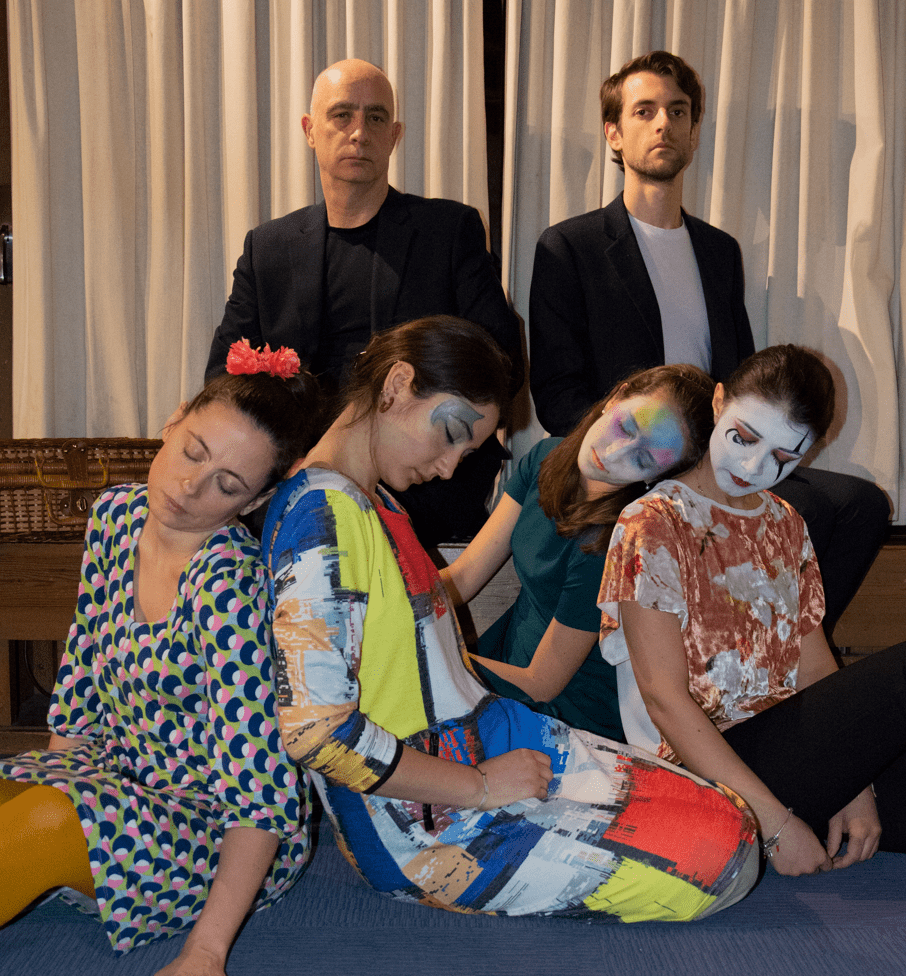
“Here, they meet the peculiar residents, the Scalognati (the Unfortunates) who are closer to apparitions than real people, but who seem anything but unfortunate.
“The Scalognati are carefree, imaginative, whimsical, and poetic. (Everything an artist would be without the constraints of society).”
Their leader, the wizard Cotrone, says in the play: “We live here on the outskirts of life…. What happens here usually only happens in dreams. Music, prayer, love, poetry and all the possibility that lies in mankind. You’ll find it here.”
Nowhere as strongly as in this play will you find the influence of the surrealist movement of the 1920s on Pirandello’s work.
The world he creates is in an unsteady balance between dreams and real life. The strange souls, the Scalognati, have the power to bring dreams to life.
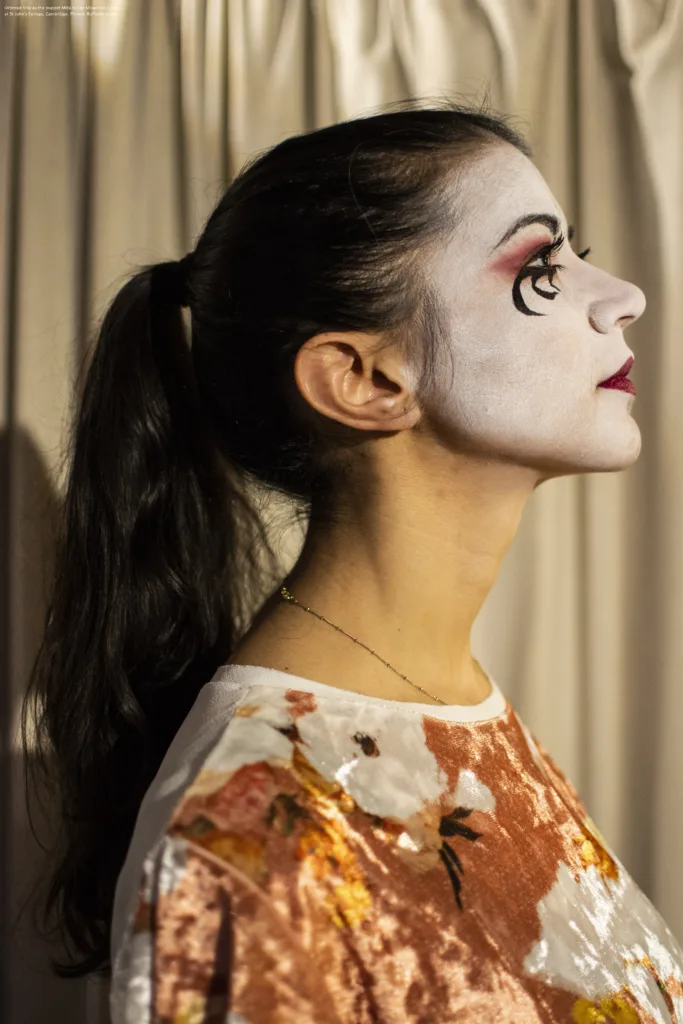
They conjure up a stage for the actors to perform their play to an audience of the nearby population, the mountain giants.
For Pirandello, the giants are the embodiment of philistine consumerists, deaf to art. Pirandello’s final work shows itself to be highly prophetic. He speaks to us of the dangers of a world ever more preoccupied with profit and consumption.
“In this adaptation,” Nolfi says: “I have chosen to set the play in an abandoned theatre next to the villa that has been out of use for years. In this dreamlike landscape all the members of our company have explored the magical nature of the creative arts.
“This year’s production, more than ever, owes itself to the generous and enthusiastic contribution of over 40 actors and technicians. Our work explores the human need to find the natural world, poetry, and beauty in each and every one of our lives.”
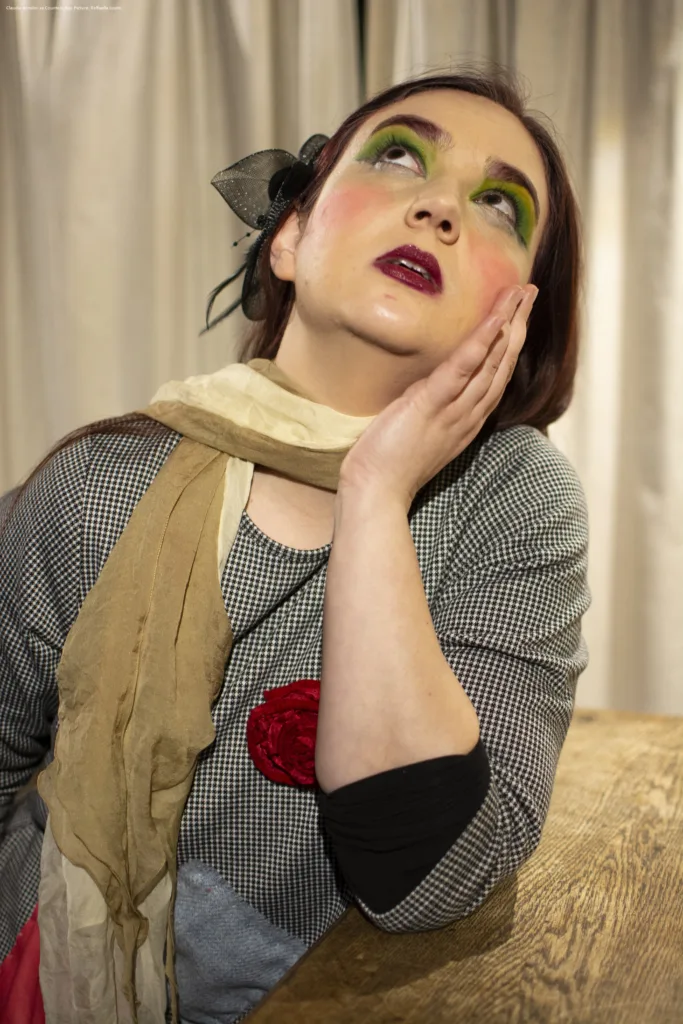
In the words of Pirandello: “Souls, when they meet, have their own particular way of understanding each other, of connecting with each other, whereas our personas, when they try to relate to others, are often clumsy in their use of words, and fall into the bondage of social convention.”
The Mountain Giants will be performed in Italian, with English surtitles. Performances are at The Palmerston Room, St John’s College Cambridge, on Friday 1st March 7pm and Saturday 2nd March 4pm and 7pm
Tickets are £12 available at: Buy tickets – I Giganti Della Montagna (The Mountain Giants)






